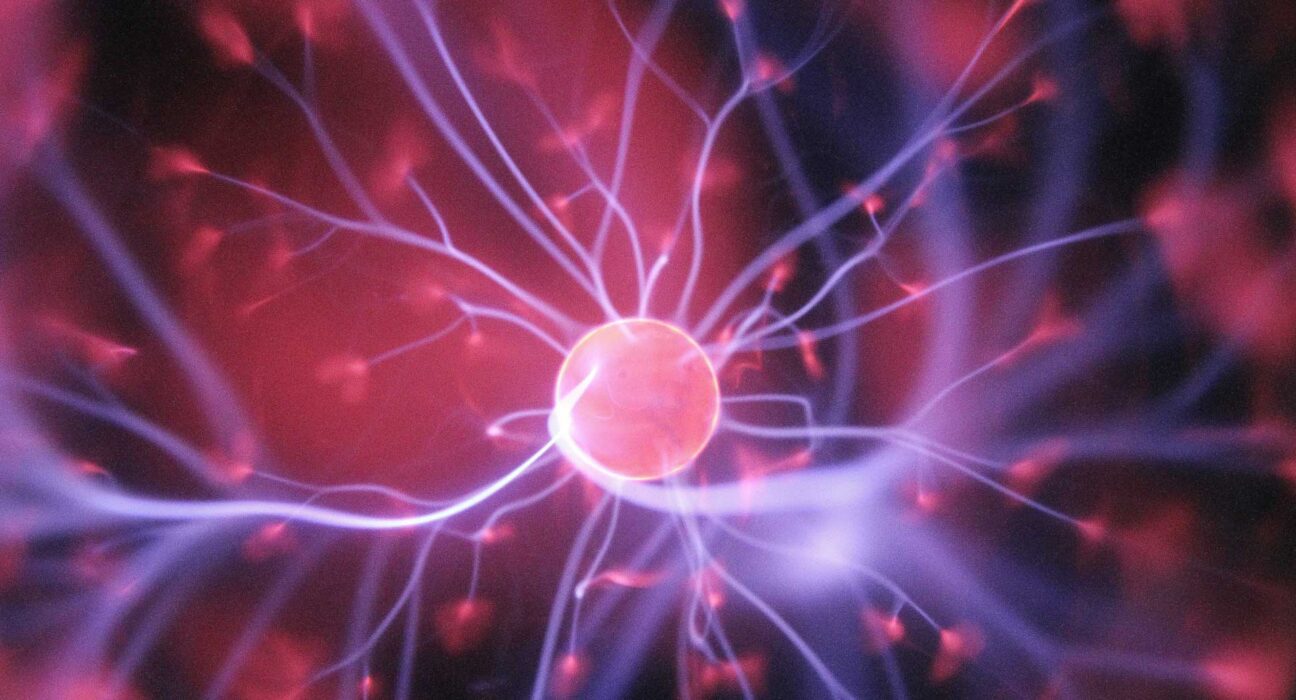SOURCE: Espín E, Yang C, Shannon CP, Assadian S, He D, Tebbutt SJ. Cellular and molecular biomarkers of long COVID: a scoping review. EBioMedicine. 2023 May 1;91.
Summary:
The research aims to identify and understand potential biomarkers for Long COVID (LC) to improve diagnosis and care for affected individuals. By analyzing 23 cohort studies with 2163 LC patients, the study identified 239 candidate biomarkers, mainly immune cells, cytokines, and plasma proteins associated with different LC symptoms such as pulmonary, gastrointestinal, and fatigue symptoms. The findings suggest the need for further validation of these biomarkers and exploration of LC’s diverse etiologies through symptom clusters or sex stratification for better diagnosis and treatment.
- Cellular Biomarkers for Pulmonary LC:
- CD8+ CD27− CD62L− cells correlated with pulmonary LC.
- Reduced levels of CD8+ CD27+ CD62L+ T naïve cells in LC patients.
- Increased NK cells CD57+ predicted residual lung lesions.
- CD4+perforin+ T cells had poor discriminative value.
- Candidate Biomarkers for Gastrointestinal Symptoms:
- Enrichment of cytotoxic TCR clonotypes in CD8+/CD4+ T cells.
- Increased SARS-CoV-2-specific CD8+ T cells expressing cytotoxic markers.
- Elevated autoAb La/SS-B levels and CMV-specific CD8+ T cells.
- Candidate Biomarkers for Fatigue Symptoms:
- Endothelial damage related to defective vascular function in LC patients.
- Study Characteristics:
- 23 cohort studies identified with 2163 LC patients.
- 239 candidate biomarkers identified, mainly immune cells, cytokines, and plasma proteins.
- Interpretation:
- Validation of candidate biomarkers crucial.
- LC may have diverse etiologies, warranting exploration by symptom clusters or sex stratification.
Main Points:
- Identified 239 candidate biomarkers for Long COVID (LC) from 23 cohort studies with 2163 LC patients.
- Biomarkers associated with various LC symptoms including pulmonary, gastrointestinal, and fatigue symptoms.
- Mainly immune cells, cytokines, and plasma proteins were identified as potential biomarkers.
- Emphasizes the importance of validating these biomarkers for improved diagnosis and treatment of LC.
- Suggests exploring LC’s diverse etiologies through symptom clusters or sex stratification for better understanding and care.
Identifying and validating diverse immune cells, cytokines, and plasma proteins as potential biomarkers for Long COVID is crucial for improving diagnosis and treatment, highlighting the need for further exploration of LC’s complex etiologies through symptom clusters or sex stratification.
Long Covid The Answers
Credible Source:








